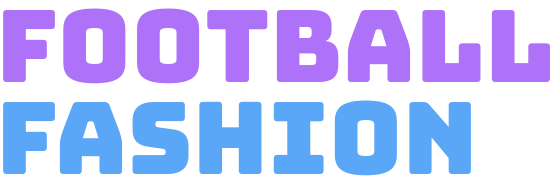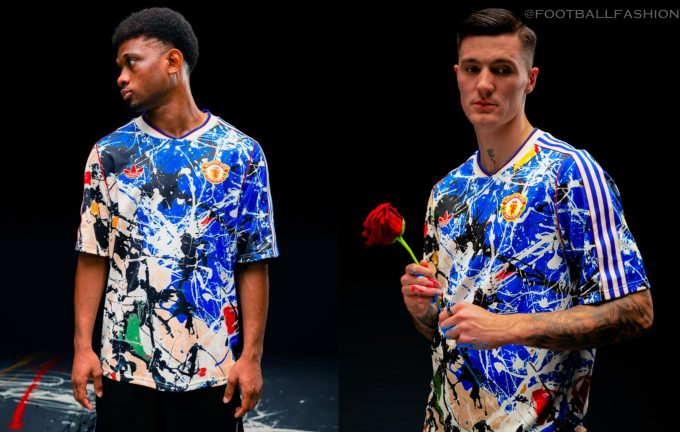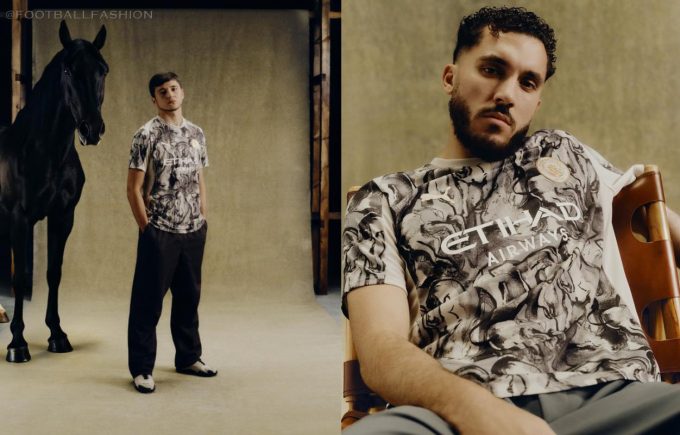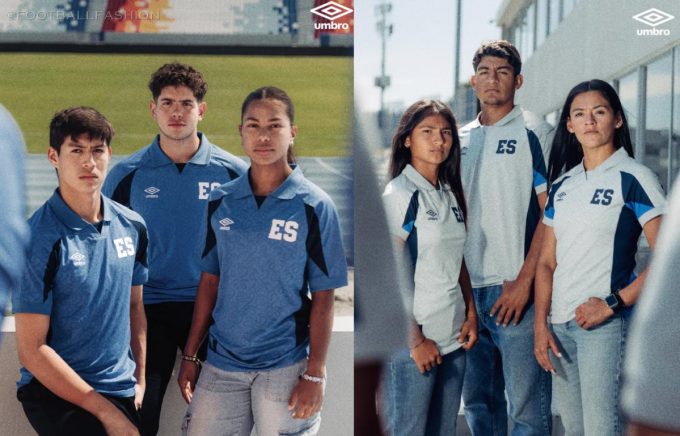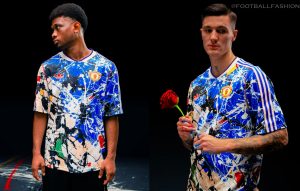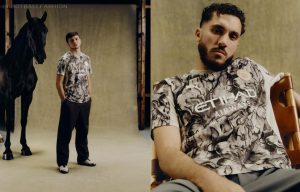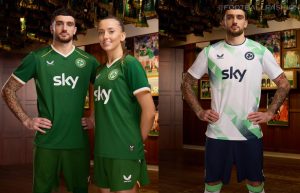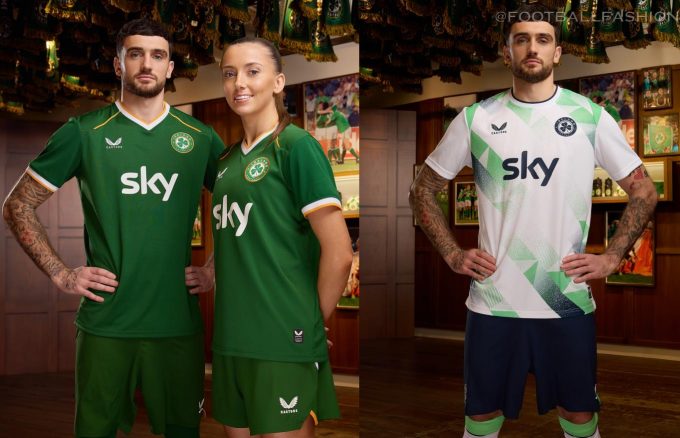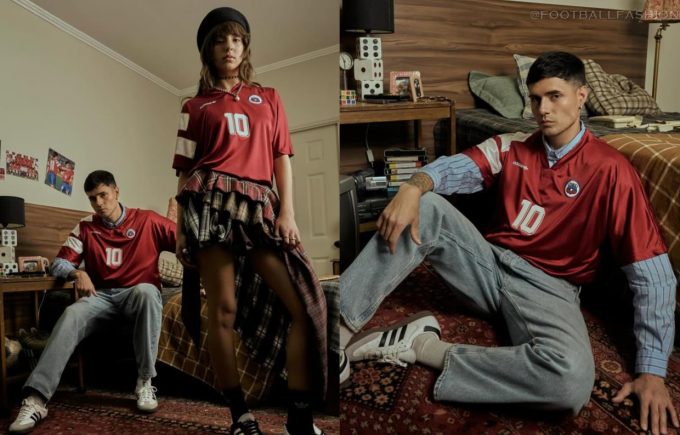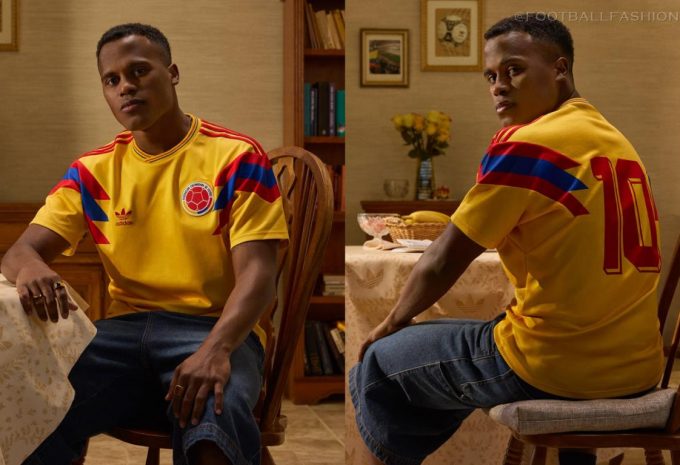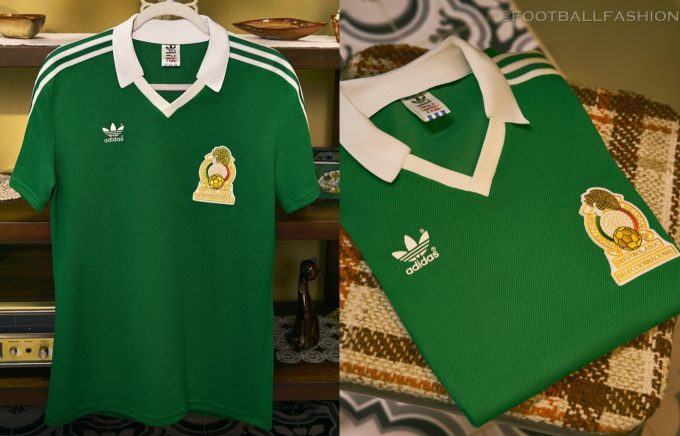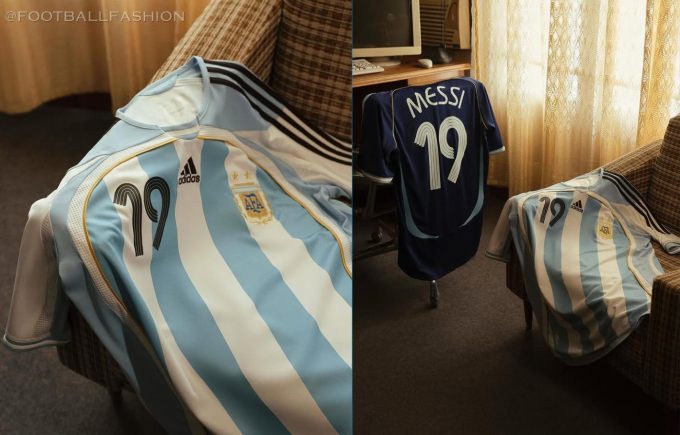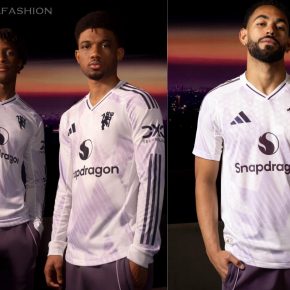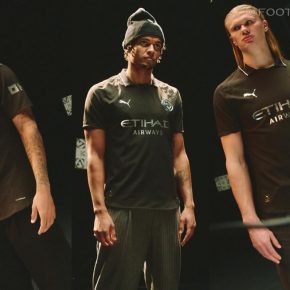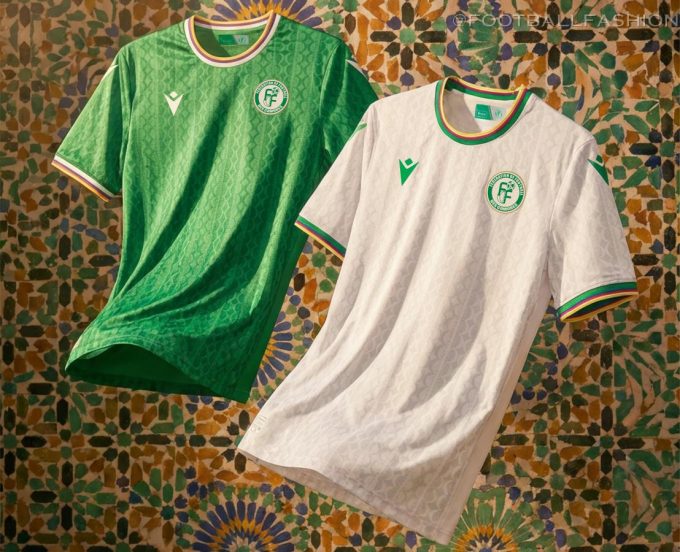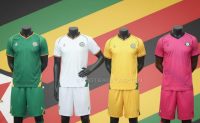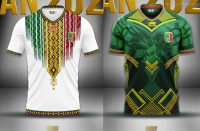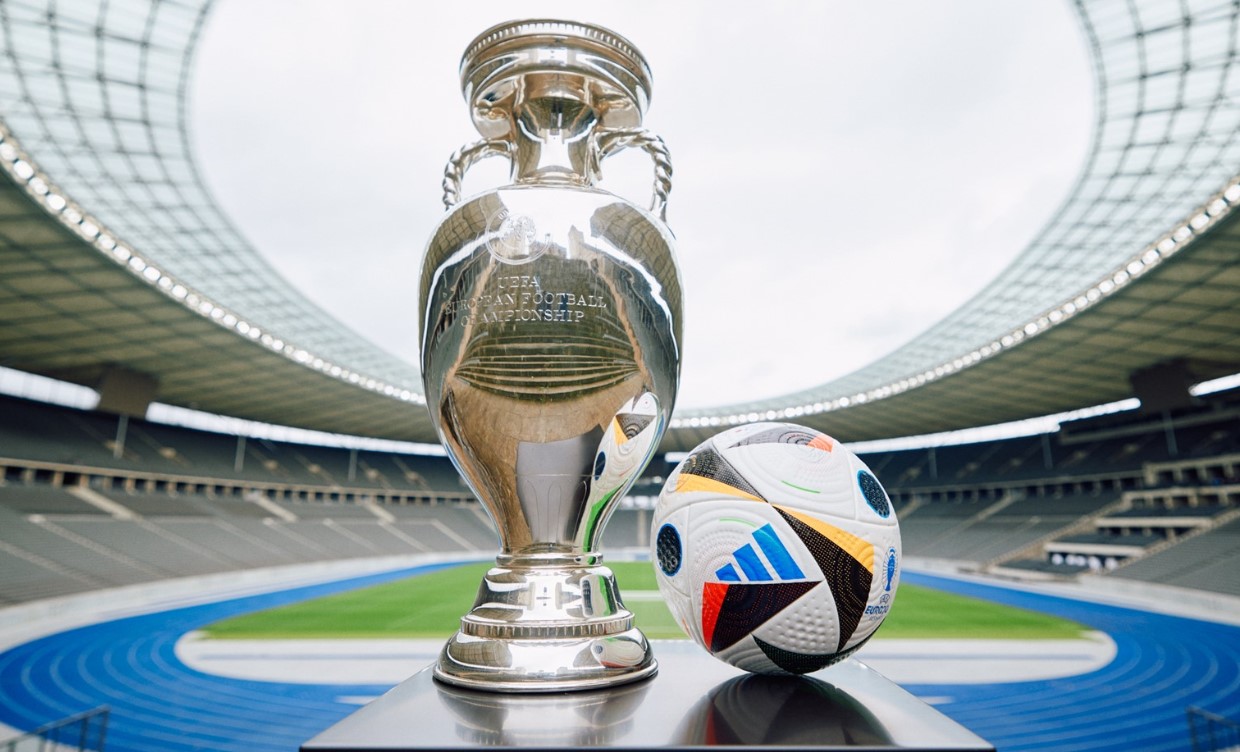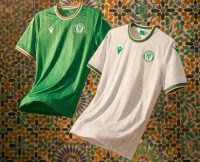Football sponsorship used to be a simple affair. A shirt, a brand, something simple like a beer or cigarette brand, and you were done. Nowadays, you are bombarded with advertising the moment you enter a stadium. Even at the grassroots level, local businesses are eager to have their names displayed around the pitch or in the clubhouse.
Football is big business, with an estimated total market value of $3.3 billion in 2023. The beautiful game has been overrun by advertising boards with businesses previously uninterested in football taking their turn to ride the promotional wave.
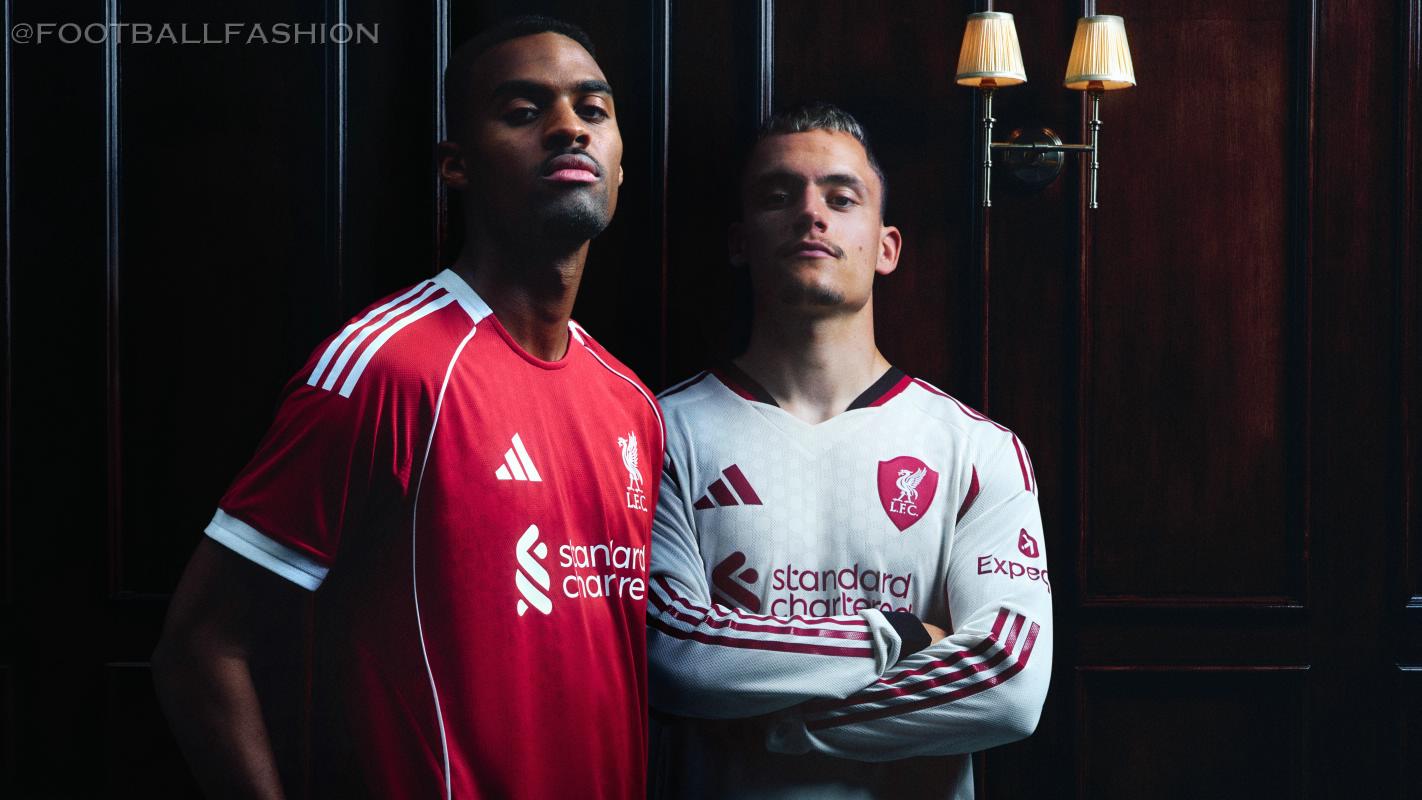
Football is no longer a simple 90-minute event. It is a powerhouse, a lifestyle with players becoming social media megastars. Sponsors are no longer restricted to shirts. In the modern era, everything involved in the game can be sponsored. From shirts, shorts, and pitch boards to balls, referees, clubs, players, and even the team bus.
This has led to several unique sponsorship pairs over the years. Let’s examine the relationship between clubs, players, and sponsors across the global football platform.
A Long-Standing History of Musical Sponsorships
Kettering Town were the first team in English football to have a shirt sponsor. They took to the field in 1976 with the name Kettering Tyres across their shirts. This kick-started the business of football sponsorships, and the sport has never looked back.
In the early days of football sponsorship, major brands such as Reebok, Nike, Budweiser, and Emirates Airlines were involved. These pairings made sense. Sportswear for the athletes, beer for the everyday sports fans, and airlines for international exposure, back in the days when the world was a much larger place.

Slowly, sponsorships changed, and we began to see some surprising partnerships form. One such deal occurred in the 1990s, when Clydebank FC was sponsored by local boys and the famous pop group Wet Wet Wet. It was a strange sight for fans to see their team taking the field with a band name over their chests. However, Marti Pellow and co. are not the only musicians to sponsor a football team. Welsh band Super Fury Animals also sponsored Cardiff City for the 1999-2000 season. However, perhaps the strangest musical sponsorship was in 2006 when rock legends Motorhead saw their name proudly displayed on the Greenbank under-10s B team!
Casino and Betting: The Dominant Force
Few industries took up the call to sponsor football teams than casinos and bookmakers. Last season, 11 out of 20 Premier League clubs were sponsored by gambling organizations. Today, at the start of the 2025-26 season, 8 of the 20 clubs are sponsored by casinos or bookmakers. This includes Bournemouth, Nottingham Forrest, and Fulham, whose sponsors don’t even operate in the UK. The total value of gambling-based sponsorship in the Premier League alone was reported to be $135.43m in 2024.

However, that’s fine because the Premiership is a global league. A sponsorship attracts more eyes to the product and any special promotions being run, such as a curated list with 120 spins targeted at a specific sub-sector of the audience who loves to try new gambling options in the digital space.
The relationships between gambling and football sponsorship extend beyond English football, with approximately 15% of European clubs branded by a gambling company’s logo, including Sevilla, Valencia, and RCD Mallorca.
Fast Food and Football Sponsorship
Sticking with RCD Mallorca, the Spanish outfit is no stranger to unusual sponsorship pairings, having been sponsored by Burger King back in 2009. The burger giants did not stop there. Three seasons later, they picked up a sponsorship with fellow Spanish side Getafe.
The connection between football and fast food is expansive, with the Australian A-League side Melbourne Victory brandishing the KFC logo. Long-standing relationships between McDonald’s and FIFA sponsorship also exist.
While money talks and football gets a lot of people spending and talking, the idea of professional sportsmen taking to the field to showcase different fast-food brands seems like a major contradiction.

There Seems to Be No End to Surprising Football Partnerships
There is no end to the unique and unusual sponsorships among professional football clubs. Spanish club Rayo Vallecano is one such club that leverages its position in the community to raise awareness about various social issues, including domestic abuse, cancer awareness, and LGBTQ+ rights.
Meanwhile, even funeral homes have entered the sponsorship space, backing clubs like Bromley FC and Fleetwood Town.
There is also the more adult side of football sponsorship, with some agreements that certainly turned heads. In 2014, Eastleigh FC was approached by Pornhub for a potential sponsorship, which drew considerable attention to the club. While the sponsorship did not go through, one successful attempt that did make it was adult star Bonnie Blue, who decided to lend her name to amateur sideCalstock FC.
What Does the Future Look Like for Football Sponsorships?
Football is a universal language, drawing people in from around the globe. Even small teams are no longer restricted to local audiences. A good case in point is Wrexham, whose non-league adventures have captured the hearts of an international audience. Football’s popularity continues to rise, so it’s no surprise that companies from various industries are eager to sponsor clubs.
As the value of football continues to rise, so too does the number of businesses looking to get their name in the game. The allure is too great, and the potential reward too vast to turn down. While traditional partnerships still have their place in the game, we will surely see more unique partnerships form as marketing becomes more of an all-encompassing digital enterprise. After all, football is no longer an individual entity but a piece of a much larger media machine.
